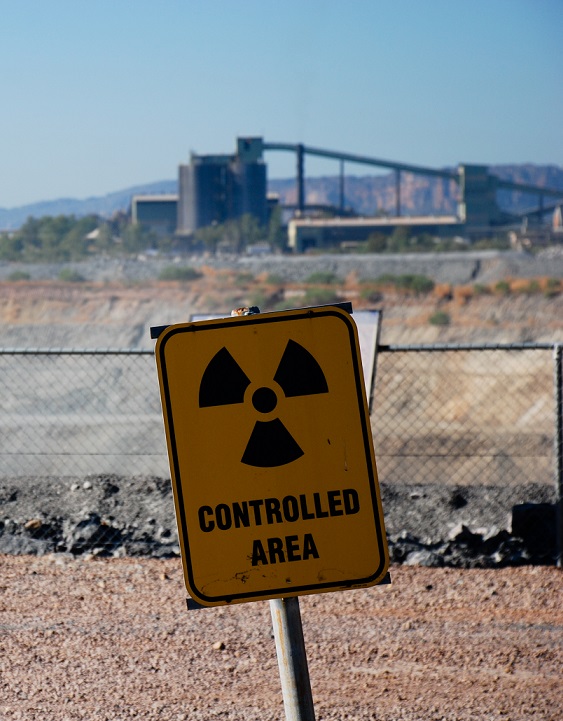Nuclear still has little backing
 Proponents have reflected on the chance of nuclear power getting a run in Australia.
Proponents have reflected on the chance of nuclear power getting a run in Australia.
Australia is home to over a third of the world’s known uranium supplies, but has never had its own nuclear power station.
There are a lot of things stacked against nuclear power in Australia – concern about the 2011 Fukushima disaster, the effective banning of it under the Environmental Protection and Biodiversity Conservation Act, and the apparent lack of political interest.
But that has not always been the case.
In his maiden speech to parliament in October 2010, five months before Fukushima, Energy Minister Josh Frydenberg said it was “inexplicable that in Australia we have yet to have a constructive and thorough debate about nuclear power, the only baseload, carbon-neutral energy source”.
“It is a curious moral, economic and environmental position that we find ourselves in where we are prepared to supply uranium but not use it,” he said.
The Federal Government has not mentioned nuclear in its current agonising over power sources.
“Australia has a large natural advantage when it comes to uranium,” Frydenberg recently told News Corp reporters.
“The development of a domestic nuclear power industry would not only need bipartisan support but also state-based support. To date the Labor Party has been opposed to it. Any investigation would need a long-dated timeframe and would unlikely address the more immediate issues of affordability and reliability.”
The major mining lobby is not so standoffish.
“With Australia’s current energy challenges, the country can no longer afford its outdated prohibition,” the Minerals Council’s uranium spokesperson, Daniel Zavattiero, told reporters.
“The country deserves to have all energy options on the table to consider in future.
“Australia’s long history of reliable uranium production and supply, its world-class research reactor in Sydney, and its strong non-proliferation reputation provides a base of expertise and experience with which international nuclear innovators would dearly like to work.
“The removal of the prohibition will mean nuclear will be properly considered on merit, and before any project is built it would need to satisfy stringent environmental and regulatory standards and be approved by the federal government.”
Mike Young, leader of the MCA Uranium Forum, says Australia should lead the world in nuclear technology.
“Any objective science-based discussion devoid of hyperbole and emotion invariably finds that nuclear power is clean, economic and reliable, that it plays a vital role in the world today,” Mr Young says.
“It makes no sense for it to be banned in Australia.’’
Ziggy Switkowski, who is currently the chief of NBN Co but was formerly chairman of the Australian Nuclear Science and Technology Organisation (ANSTO), says it would take a long time to get Australia to come around, and it may not be necessary.
“Government won’t move until a real business case is presented and none has been, to my knowledge, and there aren’t votes in trying to lead the debate,” Mr Switkowski says.
“Adding nuclear capacity one gigawatt at a time is hard to justify, especially as costs are now very high, development timelines are long and solar plus battery storage is winning the race.”







 Print
Print